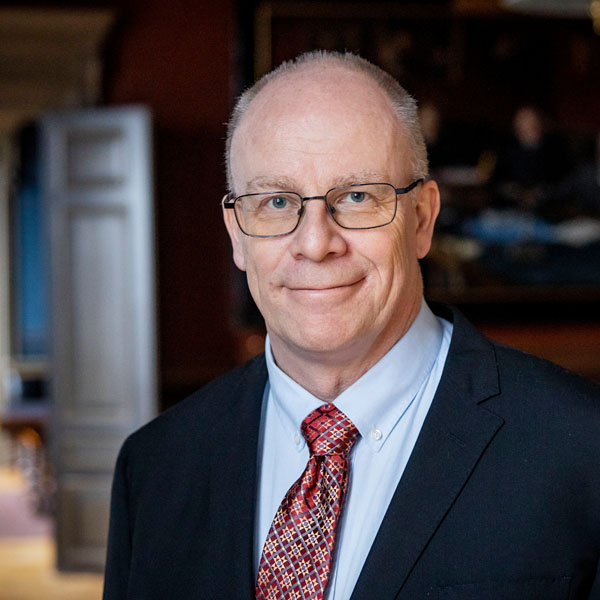The independent, unconditional pursuit of knowledge – academic freedom – is the very essence of the university and the key to society’s preparedness for unforeseen events, as demonstrated by the coronavirus pandemic. If the development of society is to rest on a scientific foundation, it is vital that new knowledge reaches decision-makers and the public. Researchers are therefore encouraged by society, universities and funding bodies to communicate their research and discuss it with the world around them.
And indeed, every day we see this happening in public. Researchers take part in discussions, debates and interviews. They contribute their expertise, explain complicated situations and describe the state of knowledge. This is an important part of the researcher’s role. Regrettably, however, a downside is also evident.
With the rapid social media channels of the present time, information – and disinformation – spreads very quickly. Striking, sensational information unfortunately often spreads more easily and faster than more objective articles or rebuttals. Simple, confident messages often gain broader currency than more nuanced and complex communications. A media landscape like this favours colourful personalities rather than objective experts. But society needs more people with sound knowledge and a talent for communication in public, not fewer. If incorrect information circulates about health risks, for example, or about science in general, we risk a situation where both decision-makers and the public act on an uncertain or, in the worst case, a completely mistaken basis.
It is therefore perhaps more important than ever that researchers today communicate and contribute to an objective debate based on the current state of knowledge. We know that some research triggers hatred and threats more than other types of research. There are examples of this in research on racism, gender, the climate and even diet, for instance. It goes without saying that threats are always completely unacceptable and a silenced scientific community is a threat to democracy. Society needs researchers who want and dare to communicate, discuss and collaborate on their research. Moreover, if scientists and scholars refrain from research on topics that are more exposed than others, society has embarked on a dangerous course.
At higher education institutions, we need to be aware and support researchers subjected to hate and threats, at departments but also at overall level. We need to be active, raise the issue in various contexts and learn to deal with the situation wisely. From a security perspective, threats should always be reported to the police. We have no desire to advise researchers against communicating in social media too in a digital world; on the contrary, we would like to encourage them to do so. What happens if researchers disappear from young people’s arenas?
In academia, criticism is normal: research progresses by the examination and re-examination of knowledge and constructive peer criticism. What implications does this have for our ability to support one another when a storm blows up on the internet? Could academic competition lead to a temptation to jump on the bandwagon of a groundless defamation campaign?
The outside world has great confidence in academia, but what happens if a necessary scientific disagreement is perceived as unreliability or dismissed as researchers squabbling in public? We need to become better at explaining that researchers do not possess the ‘truth’. That results from different studies can lead to different conclusions, that the same study can be interpreted in more than one way and that this is as it should be. That knowledge is constantly gradually evolving. How can the academic community best protect its own necessary culture of openness and criticism, while communicating openly with society at large? Who are the most important parties in society to cooperate with and be in dialogue with in this connection?
If we ignore this question, hatred and threats can escalate and in the worst case affect the future of research. If researchers refrain from starting, pursuing or completing their research, or avoid collaborating with someone who has become a hate object, the attackers will have achieved their purpose – to silence certain voices.

